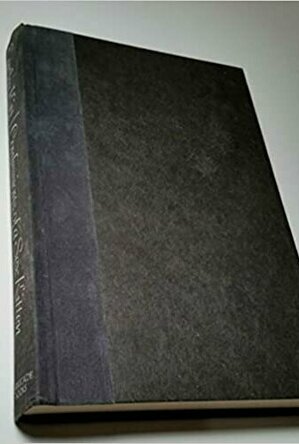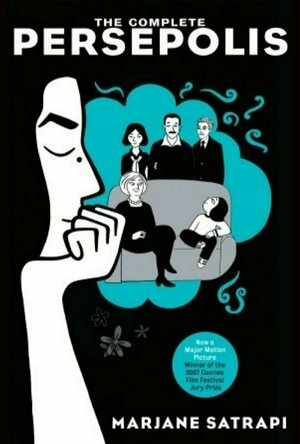Laverne Cox recommended Confessions Of A Sex Kitten in Books (curated)
Stephin Merritt recommended Songs by Charles Ives in Music (curated)
ClareR (6054 KP) rated The Complete Persepolis in Books
Sep 24, 2019

Democratic Daily News & Podcasts + Congress Votes
News and Reference
App
The Democratic Daily News app for iPad, iPhone, and iPod Touch is your one-stop shop to get all your...
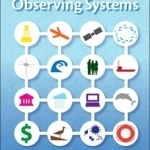
Coastal Ocean Observing Systems
Yonggang Liu, Heather Kerkering and Robert Weisberg
Book
Coastal Ocean Observing Systems provides state-of-the-art scientific and technological knowledge in...
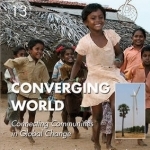
Converging World: Connecting Communities in Global Change
Book
The principle of 'contraction and convergence' can be applied to climate change, showing us a way...

Environmental Problems Globally: From Perception to Reaction
Book
Human behavior causes environmental problems which, in turn, affect people and whole societies. The...
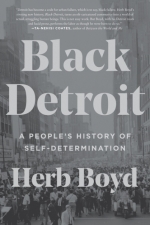
Black Detroit: A People’s History of Self-Determination
Book
The author of Baldwin’s Harlem looks at the evolving culture, politics, economics, and spiritual...
History Politics
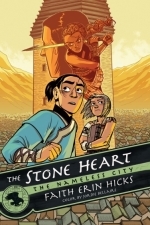
The Stone Heart: The Nameless City Series
Jordie Bellaire and Faith Erin Hicks
Book
The Stone Heart is the second book in the Nameless City trilogy from Faith Erin Hicks. Kaidu and...
Comics
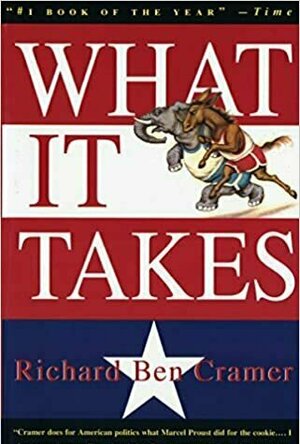
What It Takes: The Way To The Whitehouse
Book
"Quite possibly the finest book on presidential politics ever written, combining meticulous...
